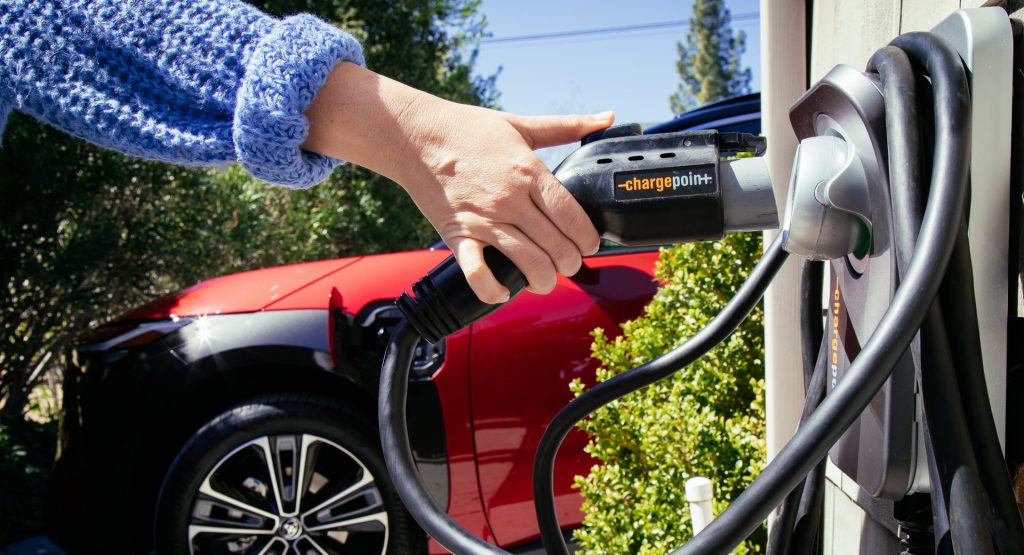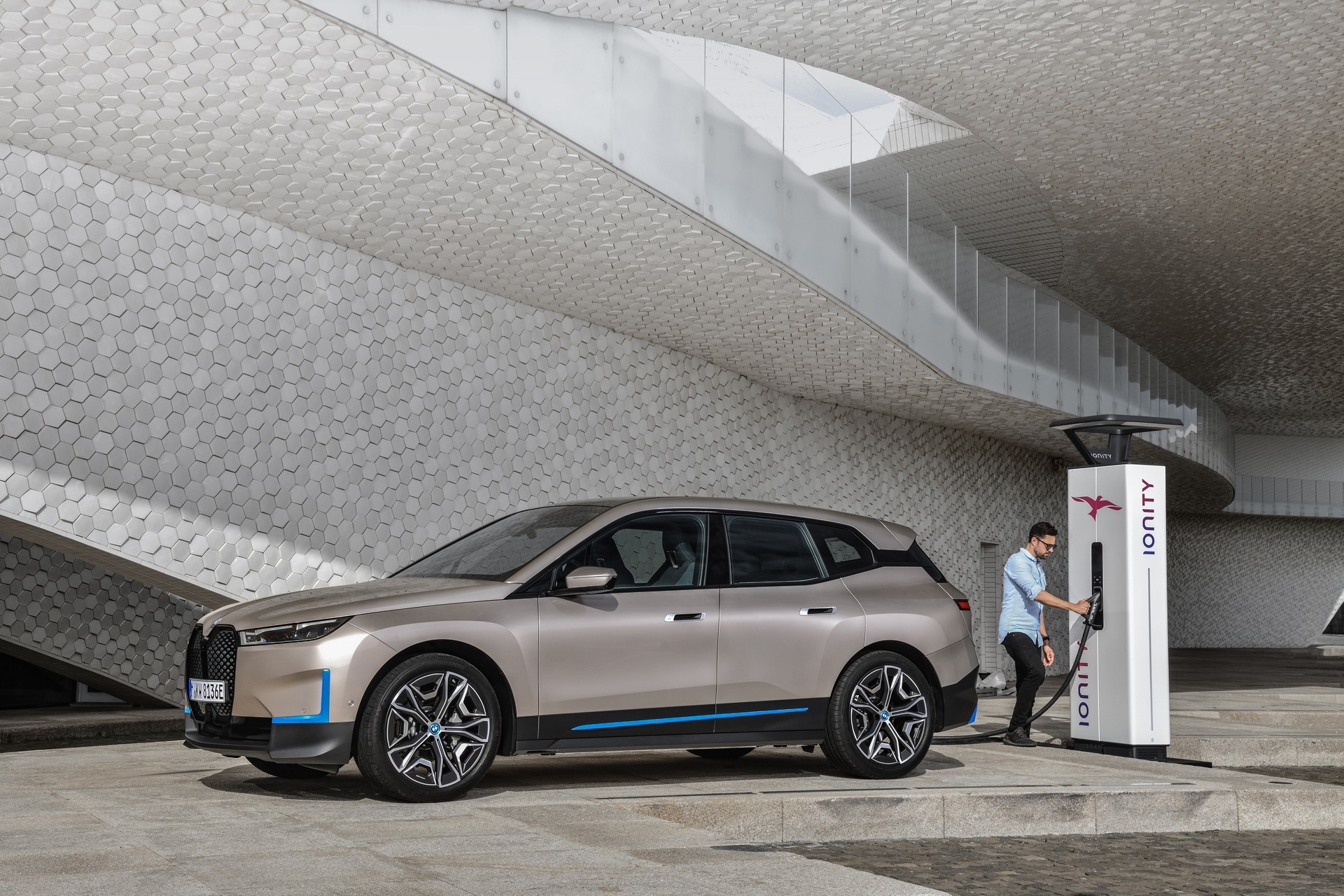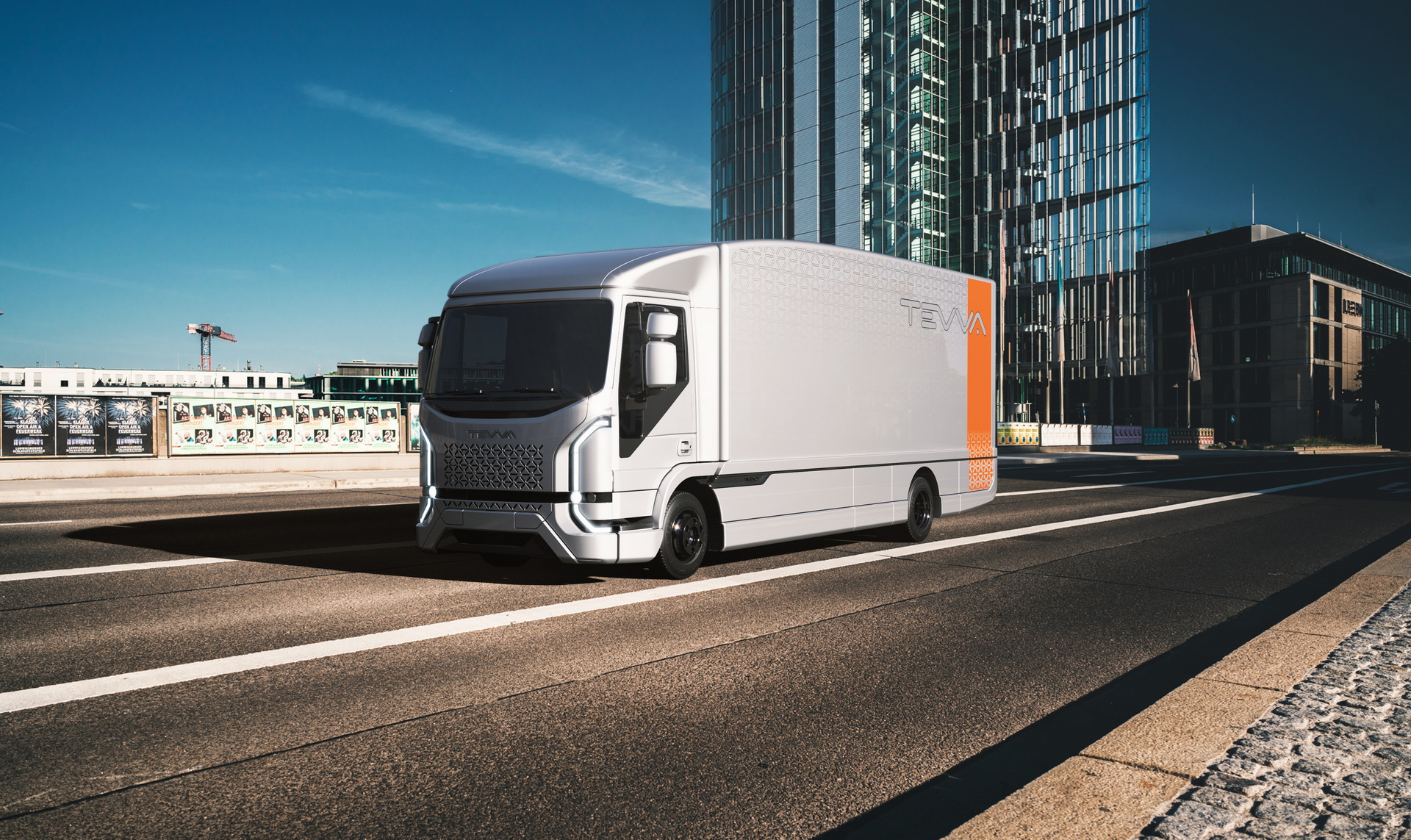“It’s now or never if we want to limit global warming,” says Jim Skea, the co-chair of a panel studying the effects and consequences of global warming for the UN. Without immediate emissions reduction across all sectors, including the automotive sector, he claims that change will be impossible.
Skea is a member of the Intergovernmental Panel on Climate Change (IPCC), which just released its latest report today. It finds that limiting warming to around 1.5°C (2.7°F) will require global greenhouse gas emissions to peak before 2025. After that, they’ll have to be reduced by 43 percent by 2030 and even then the global temperature is likely to rise higher than that temporarily.
Achieving that would require massive transitions in the energy sector and a substantial reduction in fossil fuel use. Reducing emissions to that degree will require much of the transportation sector to switch to electrification but will also require the energy sector to move toward renewable sources.
Read Also: Berlin Senate To Vote On Making City Car-Free In February
It may even require a change in the way we live with more compact, walkable cities, the development of hydrogen technologies, and even changes to things like the steel industry, which contributes heavily to global emissions. That’s something that brands like Mercedes and Volvo are seeking to support, but the IPCC panel states that government incentives will also be crucial.
The good news is that both the private and public sectors have the opportunity to make meaningful changes that could lead to a planet that is healthier for everyone.
“We are at a crossroads. The decisions we make now can secure a liveable future. We have the tools and know-how required to limit warming,” said IPCC Chair Hoesung Lee. “I am encouraged by climate action being taken in many countries. There are policies, regulations, and market instruments that are proving effective. If these are scaled up and applied more widely and equitably, they can support deep emissions reductions and stimulate innovation.”






